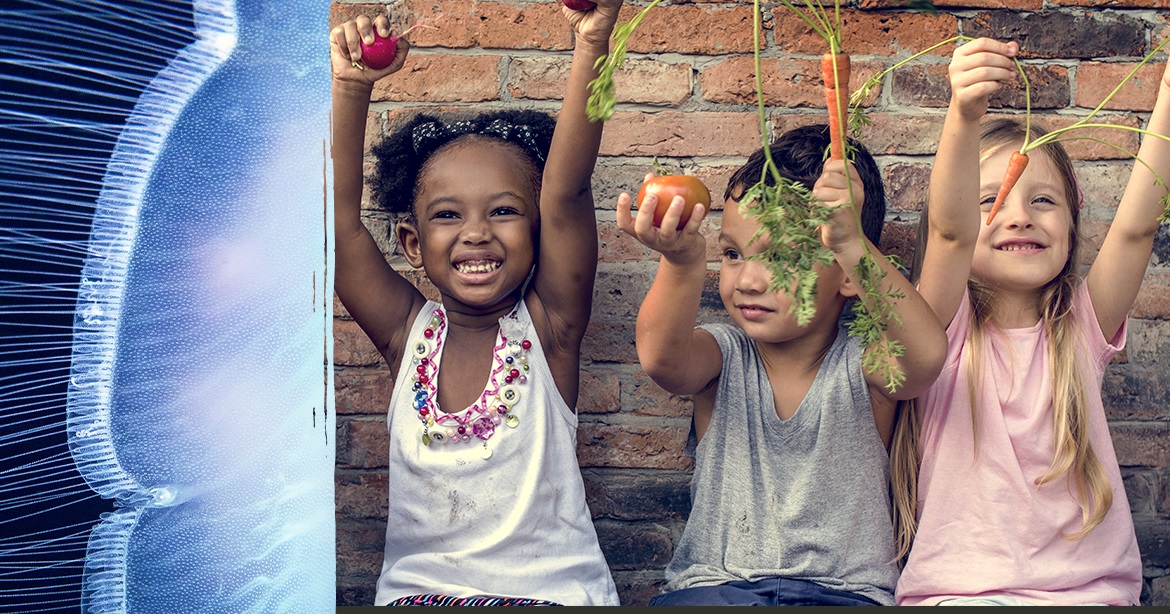How We Support Students As Environmental Advocates

Are your children exploring ways to get involved as environmental advocacy? Maybe they feel overwhelmed by the number of options and aren’t sure how to begin. The good news is that there’s no time like the present to educate children about protecting and advocating for the planet. Kids can become sustainability leaders and global stewards, joining the ranks of revolutionary environmental activists like Greta Thunberg to create a lasting impact on our planet’s future.
If you want to prepare your child for a lifelong journey of sustainability advocacy, we’re here to help. We understand that choosing a learning program with a focus on sustainability can be challenging, particularly in the era of remote learning. But MUSE Global School offers innovative in-person and remote curriculums committed to raising the future generation of climate and environmental advocates.
You can start by preparing your child at home by taking practical actions, as we do in school. Here are three tried-and-true steps that will help you to achieve this goal:
1. Read, Watch, Listen, Engage
While your children might want to take action without preparation, relying only on enthusiasm or passion will only get them so far. Slow and steady wins the race! Before children get involved in the climate movement, it’s critical for parents to talk with them about the climate crisis so they’re informed about the issues. Instruct children to read, watch, listen, and reflect before engaging.
Lead children to spend significant time listening to experts and growing as knowledgeable as possible before starting their climate activism journey. As Aristotle once famously said, “The more you know, the more you know you don’t know.” As children start learning, they might be surprised to discover how much they have to learn before they can take action. Once they’re more knowledgeable, they’re ready to start making lasting change!
Remember that there are practical ways that children can learn more about the climate change movement. Encourage your child to attend global conferences and virtual training sessions facilitated by climate change experts, environmental researchers, and scientists. Reiterate to children the importance of staying informed about recent research studies and findings, but warn them to look for misinformation, which can spread inaccurate facts and science.
To inform children how to become effective sustainability advocates, we suggest directing them to reliable parent-approved (and kid-friendly) websites such as Our Planet, NASA Climate Kids, and Mission 1.5. Once they’re more knowledgeable, children can take practical steps to enact change by joining youth action groups on websites like Zero Hour, Power Shift, Plant for the Planet, and iMATTER.
2. Speak Up and Out, Loud and Proud!
Parents, brace yourself for an unpopular opinion! While adults may have their children’s interests in mind, the reality is that parents don’t always know what’s best. As your children start exploring ways to get involved in sustainability advocacy, make sure you listen and seek to understand first before imposing your ideas. Even if you don’t necessarily agree with or understand your child’s viewpoints, try to be supportive anyway. While this might be easier said than done, it’s not impossible!
When parents create a safe space for discussion, kids can voice their opinions without fearing correction or rejection. Despite what most might believe, there’s plenty that adults can learn from children, so please, don’t underestimate their ideas! Remember, living sustainably is a lifelong journey, and parents might be surprised that they have as much to learn as their children do.
Parents can be helpful allies or challenging obstacles, so try to facilitate open and honest conversations, even if you disagree with children’s opinions at first. After all, there’s always something to be learned! As Steven Covey suggests in his bestselling book, “The 7 Habits of Highly Effective People”, seek first to understand, then to be understood. Parents can practice active listening by creating a safe space for children to freely share their ideas without restraint before stepping in. As a golden rule, avoid correcting or interrupting before kids complete their thoughts.
Instead, provide your children with spaces to offer their unique perspectives. By doing so, you can teach students self-advocacy skills and self-efficacy, which is one of our Five Pillars. Remember, children deserve to be heard because their advocacy will determine the outcome of their future and can ultimately change their world. Finally, as a word of encouragement, reassure kids that every influential sustainability advocate had to start somewhere, and no action is too small!
3. Choose A Sustainable Learning Program
We can’t overstate the importance of getting a quality education, which is an essential tool to fight the climate crisis and be prepared for a lifetime of sustainable living. So prepare your kids to buckle down and hit the books! The right learning program can equip children with the skills, knowledge and resources to embark on a lifetime of environmental advocacy. Unfortunately, without formal instruction, students are unequipped to combat the climate crisis.
If you’re looking to enroll your child in a school with a focus on sustainability and eco-literacy, MUSE Global School is a high-performing beacon of sustainable living and design. One of our school’s Five Pillars is sustainability, and we’re extremely passionate about fostering the next generation of climate advocates. Our globally recognized program challenges students to grow as sustainability leaders and global stewards to nurture a fulfilling relationship with the planet.
Sustainability is interwoven into our classroom experience, as our students have the exciting chance to take sustainability courses like Ocean Conservation and Climate Crisis and Action I + II. We value and implement sustainable practices in our curriculum, such as our Food Energy Water (F.E.W.) initiative, where children learn and teach the community about repurposing and preserving our natural resources. Our renowned Seed-to-Table Program is a novel approach for children to learn about the connection between their daily food choices, their health, and the well-being of our ecosystem.
MUSE Global School is Parents’ Choice For A Sustainable Education
Launched in 2006 by Suzy Amis Cameron and James Cameron, MUSE Global School was developed as a state-of-the-art science-based educational alternative that would build environmental awareness in students. Our mission is to inspire and prepare young people to live consciously with themselves, one another, and the planet.
If your child is ready to take the next step toward a lifetime of sustainability, our unique learning program is accepting applications. If you’re interested in enrolling your child in MUSE Global School for the 2023-2024 academic year, we welcome you to learn more about our school and register your student today.

